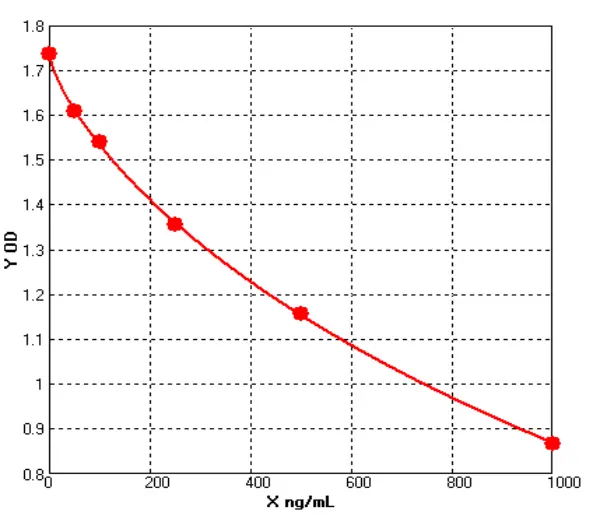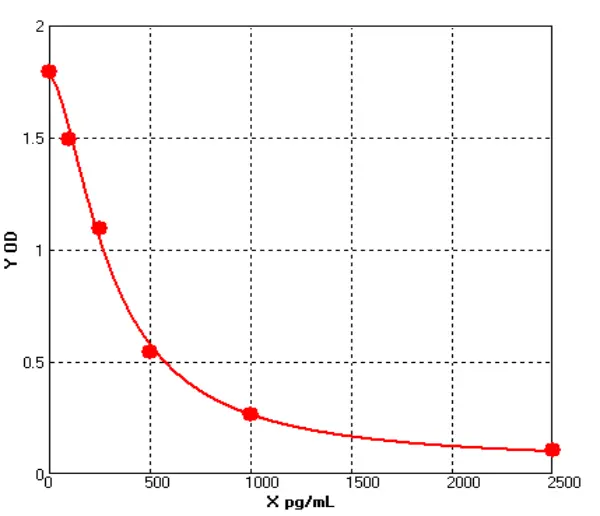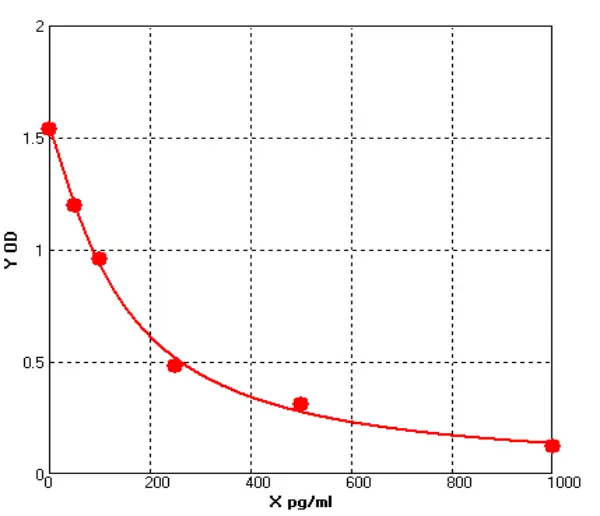NS0 Host Cell DNA Origin and Control
NS0 host cell DNA refers to the deoxyribonucleic acid (DNA) of NS0 cells (mouse myeloma cell line) used as hosts in the production of biological products (such as antibodies and other protein drugs).
NS0 Host Cell DNA: Origin and Characteristics
Cell Origin
NS0 host cell DNA is DNA from mouse myeloma cells obtained through genetic engineering modifications or selection. These cells can grow and proliferate stably in vitro.
They have the ability to proliferate indefinitely and can continuously divide under suitable culture conditions, such as specific temperatures, pH values, and nutrient culture media.
DNA Composition Characteristics
Like the DNA of other mammalian cells, NS0 host cell DNA contains a large number of genes that encode proteins necessary for various cellular activities such as growth, metabolism, and division.
It has a typical eukaryotic genome structure, including chromosomes and intergenic regions. Various functional genes exist on the chromosomes, such as those regulating the cell cycle and those involved in protein synthesis.
Significance in Biological Product Production
Potential Risks
During the production of biological products, NS0 host cell DNA may become an impurity. If the amount of residual NS0 host cell DNA in the final product is too high, it may trigger an immune response. The human immune system may recognize foreign DNA as an antigen, initiating an immune response, which may be detrimental to patients undergoing biological product therapy.
Moreover, there is a theoretical risk that NS0 host cell DNA might carry certain pathogenic genes or have transformation potential, although the probability of such occurrences is extremely low.
Quality Control
Thus, in the quality control system for biological products, it is necessary to strictly detect and control the content of NS0 host cell DNA. Typically, multiple technical methods such as quantitative PCR (polymerase chain reaction) are used to accurately measure the residual amount of NS0 host cell DNA in the product, ensuring the product's safety and efficacy.



